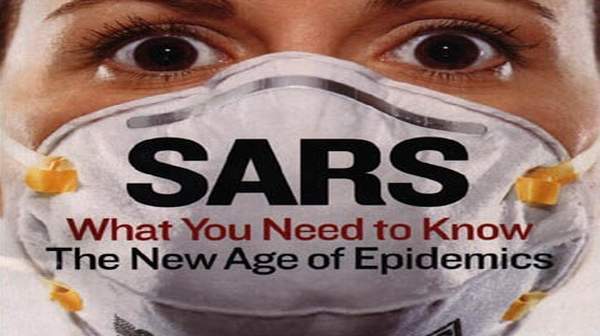
What's in this article?
SARS (Severe Acute Respiratory Syndrome)
Severe acute respiratory syndrome (SARS) is a serious form of viral pneumonia. The disease is relatively new; the virus that causes SARS was first identified in 2003.
The World Health Organization (WHO) designated SARS as a global health threat. According to the National Institutes of Health (NIH), a 2003 epidemic first affected people living in Canada, China, Singapore, Hong Kong, and Vietnam before spreading around the globe. The killed approximately 750 people worldwide before it was successfully contained (NIH, 2011).
The Mayo Clinic states that no new cases of SARS have been reported since 2004 (Mayo Clinic, 2011). According to the U.S. Centers for Disease Control and Prevention (CDC), the only cases found in the United States were in people who traveled abroad (CDC, 2004).
Symptoms of SARS
SARS has flu-like symptoms that usually begin 2-10 days after infection. They include:
- high temperature (fever) of 38ºC (100.4ºF) or above
- fatigue (extreme tiredness)
- headaches
- chills
- muscle pain
- loss of appetite
- diarrhoea
Between 3-7 days after the start of these symptoms, the infection will begin to affect your respiratory system (lungs and airways). This will lead to additional symptoms such as:
- a dry cough
- breathing difficulties
- an increasing lack of oxygen in the blood, which can be fatal in the most severe cases
How SARS can Spread?
SARS can spread when an infected person sneezes, coughs, or comes into face-to-face contact with someone else. Face-to-face contact refers to:
- caring for someone with SARS
- having contact with the bodily fluids of a SARS patient
- kissing, hugging, touching, or sharing eating or drinking utensils with an infected person
You can also contract SARS by touching a surface contaminated with respiratory droplets from an infected person and then touching your eyes, mouth, or nose. The disease may also be spread through the air, but researchers have not confirmed this hypothesis.
Treatment for SARS
People who are thought to have SARS should be checked right away by a health care provider. If they are suspected of having SARS, they should be kept isolated in the hospital.
Treatment may include:
- Antibiotics to treat bacteria that cause pneumonia
- Antiviral medications (although how well they work for SARS is unknown)
- High doses of steroids to reduce swelling in the lungs
- Oxygen, breathing support (mechanical ventilation), or chest therapy
In some serious cases, the liquid part of blood from people who have already recovered from SARS has been given as a treatment.
There is no strong evidence that these treatments work well. There is evidence that the antiviral medication, ribavirin, does not work.





